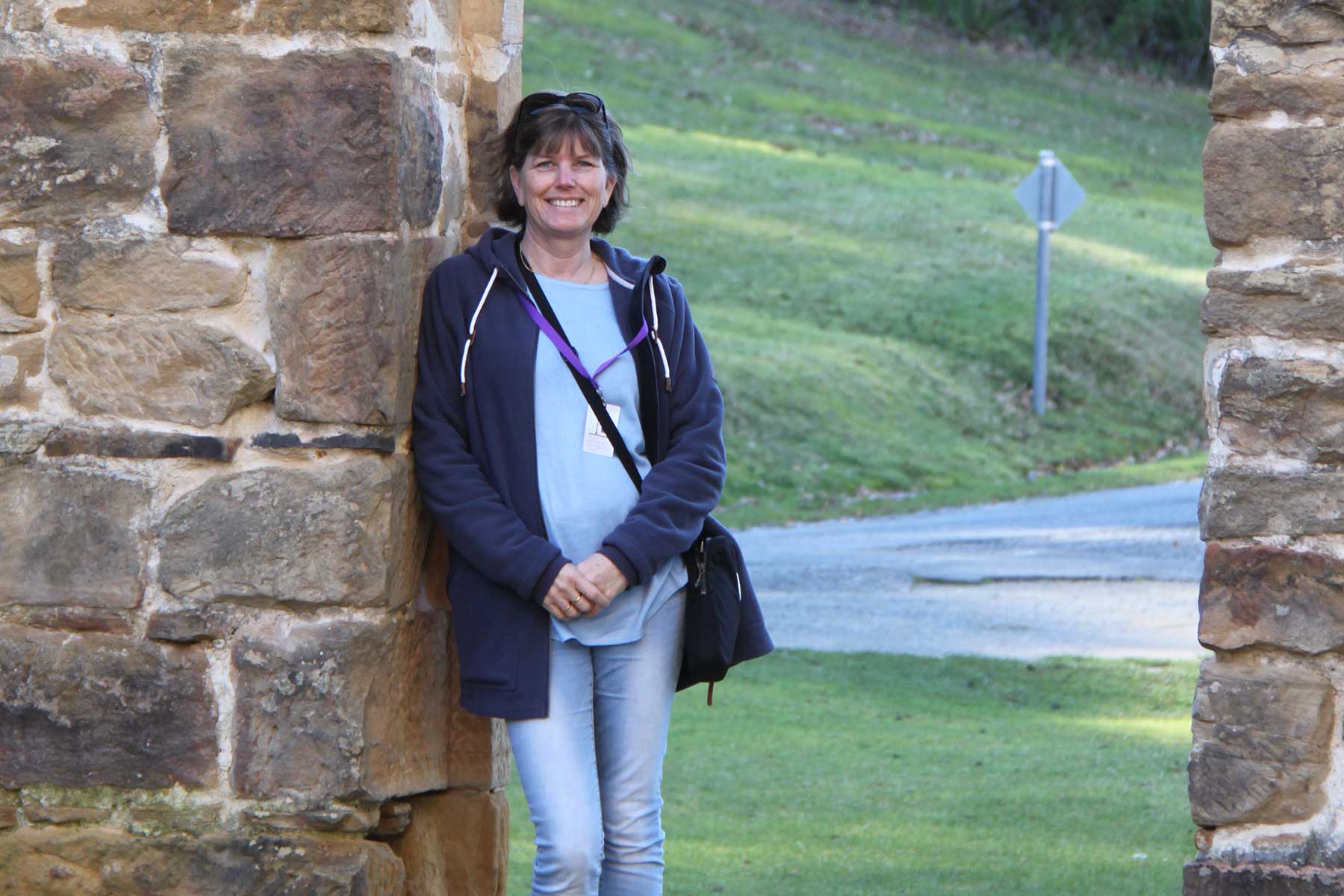When I started my training to become a registered nurse (RN), I had no idea I was going to end up working in aged care.
I trained through the hospital system, and once qualified as an RN, I continued to work in hospitals in Perth. Following several years off to be a full-time mum, I took a few shifts a week at a secure aged care facility, where the residents had severe cognitive impairment from advanced dementia. To my surprise, I loved it. I loved being part of the hard working and caring team, I loved the residents and I felt privileged to be a part of their life journey. The more time I spent at work, the more I realised that there was a lot about dementia that I did not know, and I was keen to learn more, so I enrolled to do a Bachelor of Dementia Care at the University of Tasmania which I completed a few years ago.
I then became the Clinical Lead, working full time, which I saw as an opportunity to share my knowledge and to make the care I deliver even more salutogenic and person-centred. Not content to stop there, I decided that I could do more for the families and residents and identified that there seemed to be minimal training for staff about end-of-life care for a person living with dementia. Whilst I still felt motivated to study, I enrolled in, and completed this year, the Australian College of Nursing (ACN) Graduate Certificate in Palliative Care.
Many people do not realise that dementia is a progressive, life-limiting collection of symptoms. It is characterised by a slow decline in a person’s functioning with increasing impairment to cognition, physical health and behaviour, resulting in an inability to perform activities of daily living (Ashby-Mitchell et al. 2017). It is not a normal part of ageing, and there is no known cure. According to the Australian Bureau of Statistics (2020) dementia was the second leading cause of death in Australia in 2019, and it has been predicted that due to Australia’s ageing population, there will be a dramatic increase in number of people with dementia (Roe et al. 2019), yet there seems to be limited publicity, education or fund raising for research for dementia. One rarely sees good news stories in the media about dementia.
The four units in this ACN course covered all the relevant topics to successfully manage palliative care for terminal illnesses and for all ages. I believe that I now have improved skills to better assess, evaluate, and communicate with residents and their families, and to educate and mentor other staff in the facility. I found the content on communication skills and positive therapeutic relationships particularly valuable, as I had never been overly confident with running a family conference to discuss goals of care. Since completing this course, I have been given the role of Palliative Lead at work, something that I would not have contemplated prior.
Last year I applied for the Laura Saunderson Scholarship through the ACN, to help pay for the Graduate Certificate in Palliative Care Course and I feel incredibly privileged and grateful to have received it. With the negative publicity from the Royal Commission into Aged Care, it was wonderful to see a scholarship that was only available for those working in aged care, and in WA. I feel that it is recognition that aged care nurses do work incredibly hard to improve the lives of those in residential care.
This scholarship has also provided me with the opportunity to raise awareness about my understanding of palliative care in dementia – something that I remain immensely passionate about.
By Nicola Dawes
Australian College of Nursing Laura Saunderson Scholarship recipient
References:
Ashby-Mitchell, K., Burns, R., Shaw, J. and Anstey, K., 2017. ‘Proportion of dementia in Australia explained by common modifiable risk factors’. Alzheimer’s Research & Therapy, vol. 9, no. 1.
Australian Bureau of Statistic, 2020. ‘Causes of death, Australia’. https://www.abs.gov.au/statistics/health/causes-death/causes-death-australia/2019
Roe, J, Coulson, S, Ockerby, C, Hutchinson, A. 2019. ‘Staff perceptions of caring for people exhibiting behavioural and psychological symptoms of dementia in residential aged care: A cross-sectional survey’. Australasian Journal on Ageing, vol. 39, no. 3, pp. 237-243.





